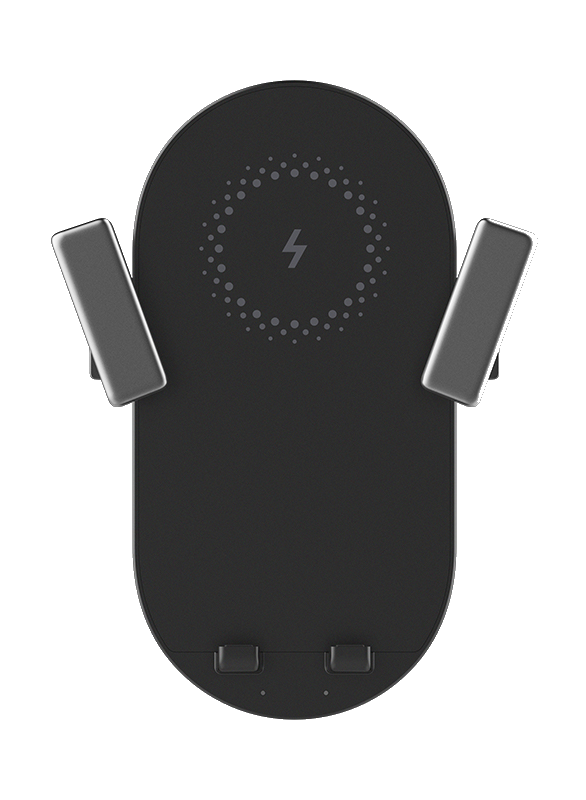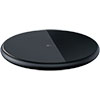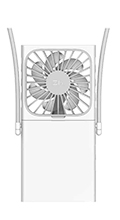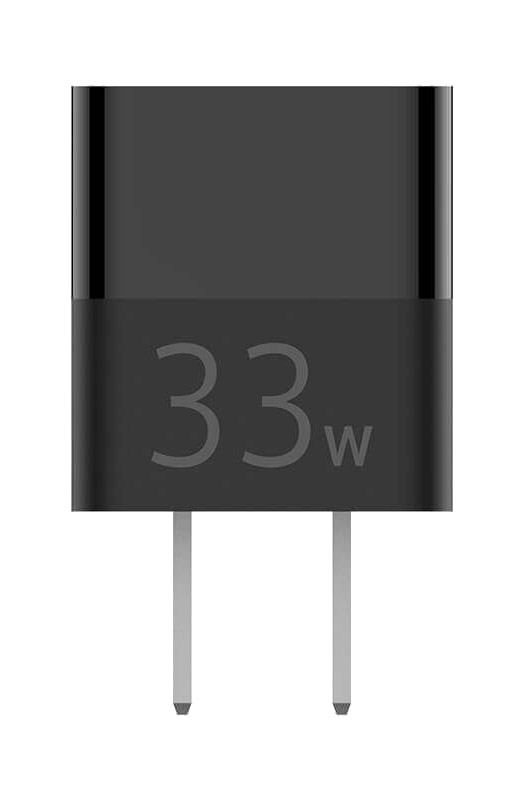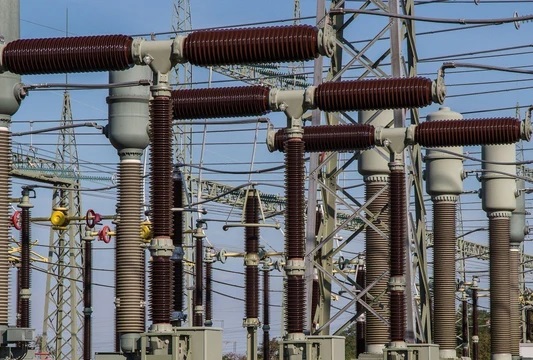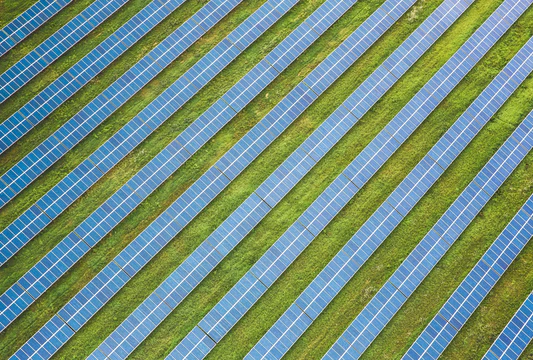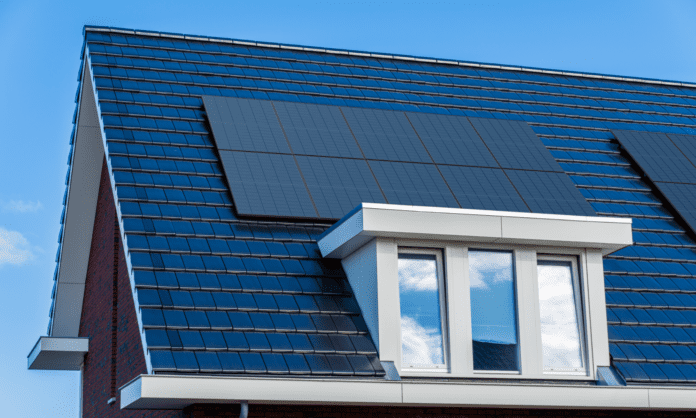Solar carports, made of solar panels, are increasingly being used as Electric Vehicle (EV) charging stations in both private and public parking areas. The potential for solar carport installations is enormous: research suggests that parking lots occupy between 14 and 20 percent of city land.
By equipping these otherwise useless areas with solar canopies and carports, we could harness a significant amount of energy. These solar carports and canopies also function as charging stations for EVs and protect vehicles from precipitation and UV light.
When installing roof-mounted systems, factors such as the slope of the roof and potential shading barriers (such as chimneys, trees, or surrounding structures) must be considered. Solar carports, on the other hand, can have their orientation adjusted to optimize sunlight absorption.
How Does a Solar Carport Function?
Solar carports apply the same technology found in standard ground-mounted or rooftop solar energy systems to generate solar energy. These carports use the photovoltaic effect to convert light particles, or photons, into electricity. They can be installed on the ground or atop roofs.
When a photon strikes a solar panel, it causes electrons to pass through all of the solar cells, creating an electric current. This electric current is known as direct current (DC), which is used in most battery-powered devices. An inverter is used to convert this DC into alternating current (AC), which can then be utilized in businesses and homes.
Solar carports offer several benefits compared to other solar arrangements. Firstly, they don't require additional land as they utilize unused space above parking spots. Secondly, they are positioned higher than typical ground-mounted systems, allowing for optimal orientation to capture sunlight.
Residential vs. Commercial Solar Carports
Solar carports are less common in residential settings in the United States than they are in the business sector. Commercial enterprises have shown widespread support for the installation of massive solar canopies in parking lots.
There is a vast range of floor plans, dimensions, and design options available for solar canopies used in residential and commercial settings. Photovoltaic carports usually have one, two, or three rows of parking, although this can change based on the number of parking rows needed.
Solar parking lots can be as extensive as 10+ parking rows and still be considered parking lots. The installation of a solar canopy has the potential to power a home or transform an open pavement into an electricity generator.
The angle at which the panels are installed is the primary difference between commercial and residential solar carport construction. The panels can be angled upward in a single direction, curved and angled in one direction to create a flat surface, or minimally angled to maximize coverage area.
Residential properties have an advantage over commercial ones in terms of carport and canopy materials because steel foundations, which are often needed for commercial solar carports, can drastically increase the project's cost. Smaller residential carports provide more flexibility in structure materials and arrangements.
Benefits of Solar Carports:
Approximately 95% of the time, we have no use for our cars, and the locations where we keep them take up considerable space. In urban areas, open parking lots account for roughly 40% of the total paved area. Parking a car on your paved driveway is a poor use of your land. There are several advantages to installing a solar carport, both monetary and otherwise.
1) Additional Power: The most noticeable benefit of solar carports is the additional energy they generate. Solar carports can be used to charge electric vehicles (EVs) in both commercial and residential settings. In addition, they can be paired with a battery backup system to make a home more resilient during power outages and save monthly electricity expenditures.
2) Commercial Advantages: In high-priced commercial areas, it makes financial sense for a business to install solar carports to cover their parking lots. Solar carports not only save money by shading and protecting employees' or customers' vehicles from the elements but also by producing electricity for the company itself. Additionally, by generating Renewable Energy Credits (RECs) that can be sold to other industries looking to offset their emissions, businesses and entire industries can either lower their carbon footprint or generate cash.
3) The prevention of Heat Islands: Uncovered pavements often facilitate the creation of heat islands – areas where the average daytime temperature is 1-7 degrees Fahrenheit higher than the temperature in adjacent areas. Rising global temperatures affect young children, senior citizens, and low-income groups disproportionately. A carport installed at a home or over a commercial parking lot can absorb solar radiation and turn it into usable energy, relieving the impact of the reflected heat.
4) Easier to Maintain: A solar carport is easier to access and maintain than a rooftop installation. It does not require as much climbing as a pitched roof does to clear snow or debris, and it may be washed down with water from time to time. If a roof ever needs fixing for whatever reason, the homeowner can do so without removing any panels.
5) Improved Sun Exposure: Carport solar panels have more flexibility in their orientation to the sun since they are mounted on a frame rather than adhered to the fixed angle or pitch of a current roof. It may not be worth installing solar panels on a roof that faces east or west due to a lack of sunlight, but a freestanding carport may be set up at any angle. Additionally, depending on its height, a solar carport can benefit from a solar tracker that allows it to move according to the position of the sun throughout the day.
How Do Solar Carports Compare to Rooftop Solar Systems?
A rooftop system is the most cost-effective method of generating electricity. Nevertheless, many homeowners face significant challenges in maximizing the amount of solar energy that can be harvested from their rooftops due to factors such as area, angle, and obstruction. In addition, ground-mount systems might not be an option for houses and companies that are limited in the amount of available space. Solar carports offer a solution that can be leveraged in either of these two scenarios.
Solar carports, however, are not only a fallback option for people who cannot install ground or rooftop systems; in many cases, they are actually the more rational choice. Solar carports offer a larger degree of flexibility for the ideal solar panel orientation (as mentioned above), and they also make use of the area that would otherwise be wasted.
Since the panels themselves serve as the roof, there is no need to worry about issues such as size, orientation, shadowing, or roof angle when dealing with solar carports. Solar carport support systems are purposely constructed to allow ideal exposure to sunshine, an option that most roofs are unable to provide.
Conventional carports can protect cars against snow, wind, rain, and sunlight. Parking a car in the shade can enhance the vehicle's fuel economy while being stored. This is because the driver will have less need for air conditioning when first entering the vehicle. A solar carport, however, offers all of these benefits and more, as it not only shields a vehicle from the elements but also generates clean electricity that can be used inside a home or place of business.
Do Solar Carports Make You Eligible for the Federal Solar Tax Credit?
If you install a solar carport on your property, you may qualify for the federal solar tax credit. Installing a solar energy system, such as a solar carport, qualifies for a 30% tax credit from the federal government. For instance, if the total cost of your carport installation was $10,000, the 30% solar tax credit will bring it down to $7,000.
NOTE: Before constructing your own solar carport, consult a tax attorney to make sure you are eligible for the federal solar tax credit. DIY solar carports or other projects may not always qualify for this incentive, and it is best to confirm before construction.
Is a Solar Carport Worth It?
The answer to this depends on your unique circumstances. For instance, there may be little use in installing solar panels if you will be moving soon and not using the home long enough to recoup the initial investment through savings on your electricity bill.
However, installation could boost the resale value of your residence, allowing you to break even or even earn a profit if you ultimately decide to sell and relocate. Plus, qualifying for the solar tax credit can bring down the initial carport cost and recoup your investment even quicker.
For businesses, solar carports offer the option to tailor the solar array size to their needs. If your business requires a lot of energy, using a large car park instead of the roof may be a better option.
If you are looking for portable solar panels for your solar carport, we invite you to check out our wide range of options. We offer various solar panels, batteries, and kits and can assist you in selecting one based on your budget, purpose (commercial or residential), energy needs, and location.
To learn more about solar carports and if they are the right option for you or to explore your solar panel alternatives, please feel free to get in touch with us.


